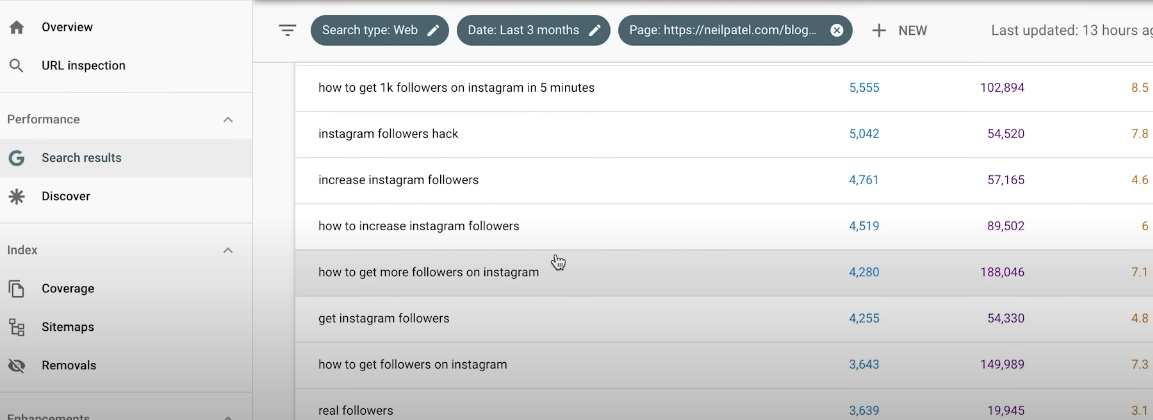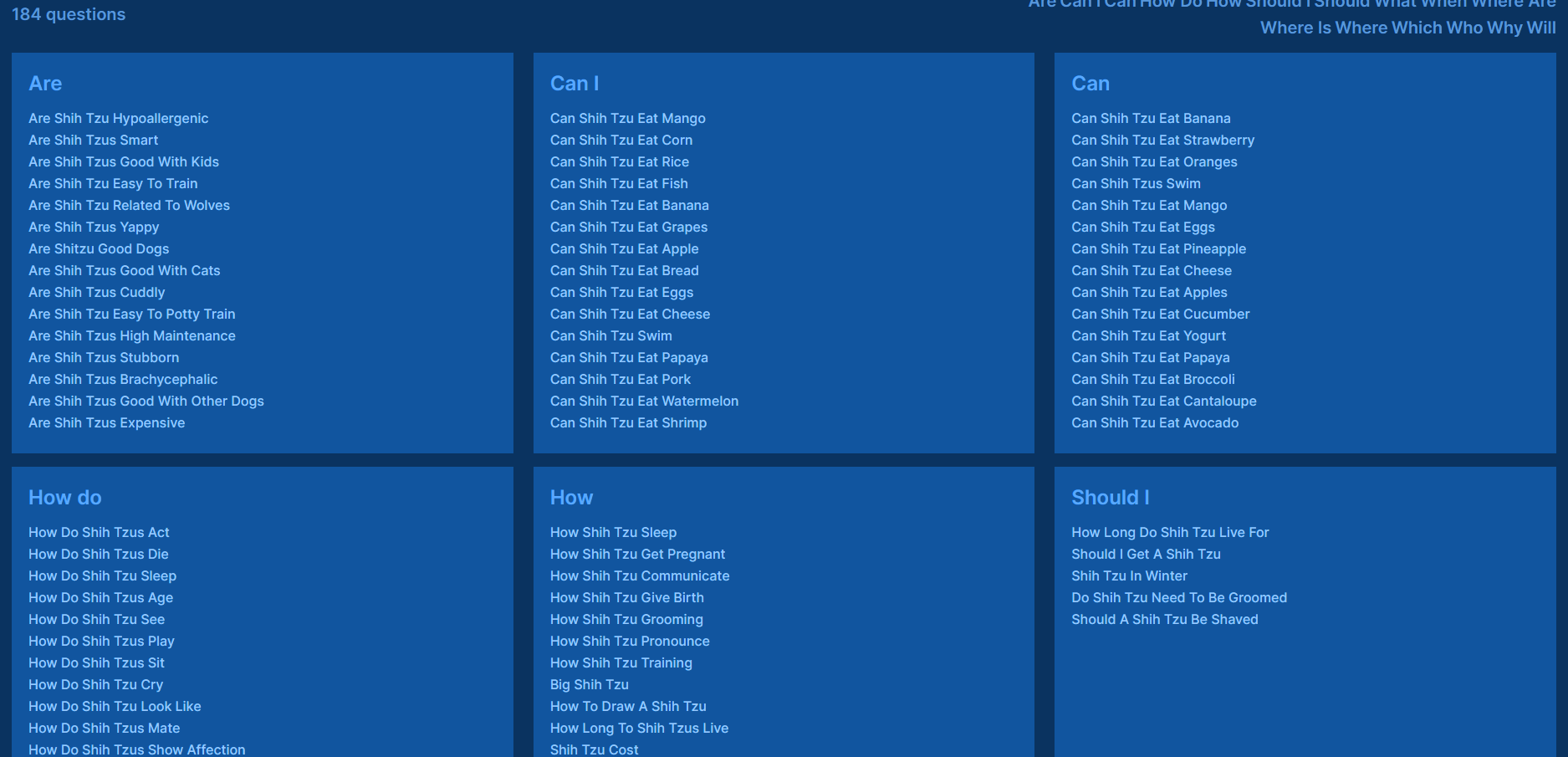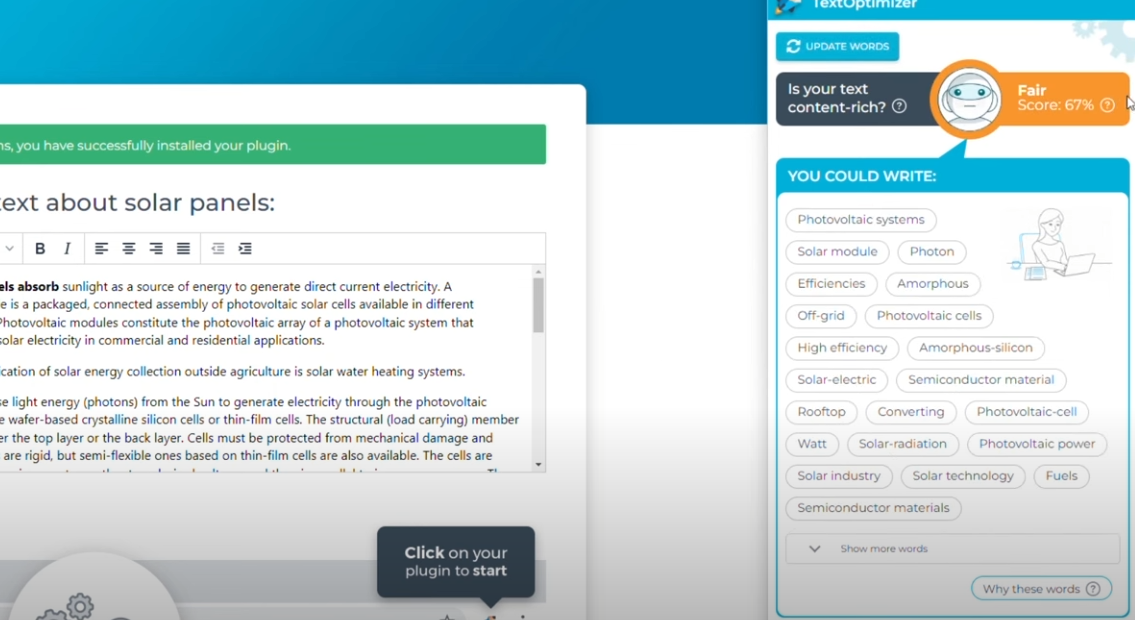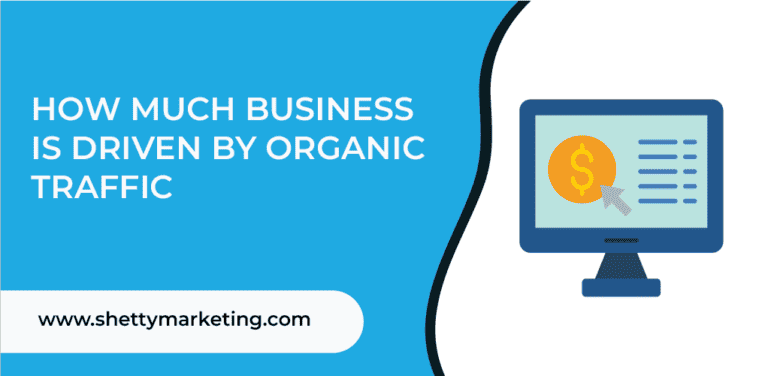Organic traffic is something that businesses love to have for their website, but is it worth the investment?
Well, Organic search drives 53% of website traffic and 40% of online business revenue.
These are big numbers! As a business owner, it would be a smart move to invest in some content creation for some traction, let alone rely on paid advertising for that.
Organic traffic is undoubtedly a topic you’ve heard about. But if you haven’t, Organic traffic refers to the website visitors who come to your site as a result of unpaid search results.
In simpler words, organic traffic is when someone enters a certain keyword relating to your business and your website appears in the search results.

Learn more: What is organic traffic in marketing ( is it different from direct traffic?)
How can a business increase its organic traffic?
One of the most effective ways to increase organic traffic is by creating high-quality content that speaks to both your target audience and search engines.
To do this, start by researching the search terms and long-tail keywords that your prospective customers are using to find products or services in your field.
Then, create blog posts or other types of content that answer their search queries, all while displaying your business’s knowledge and expertise.
By doing this, you’ll not only build trust with your audience, but you’ll also increase your chances of appearing in relevant search results.
Of course, simply writing up some killer content isn’t enough on its own–you’ll also need to optimize that content to ensure that it’s visible to both users and search engines.
That’s where content optimization tools come in handy.
These tools can help you identify competitive keywords and improve your content’s structure and relevance to boost your organic search rankings. And trust me, the higher your rankings, the more clicks, and traffic you’ll receive.
I have a separate blog on this topic, give it a read
Related: How to drive organic traffic to a business website
How can I optimize my website for SEO for free
While there are many paid content optimization tools available, there are also free ways to optimize your site.
Use Google search console to optimize content
Google Search Console could be your new best friend in the world of SEO.
So, how exactly can you use Google Search Console to optimize your content? It’s easy!
First, you need to sign in to the tool with your Google account and add your website to it. Then, you’ll need to verify your site ownership by installing an HTML code.
If this sounds too tech-savvy for you, WordPress users can install a plugin called “Google site kit” to create a search console account quickly.
Once you’ve taken care of the technical aspects, open the search console, and navigate over to the “Performance” tab on the left-hand side of the console. This section provides valuable data about your website’s performance, from the highest traffic queries to the pages receiving the highest traffic.

Now, here’s where the magic really happens.
Thanks to the search console’s features, you can discover long-tail keywords that cannot be found on traditional keyword research tools. These unique keywords can be sprinkled throughout your website’s content to boost its relevance and visibility in search engine rankings.

By optimizing your content strategies with the help of Google Search Console, you can improve your website’s overall content score, increase its dwell time, and enhance the user intent to improve the conversion rate.
Use Answer Socrates to optimize content
Answer Socrates is a game-changing tool that extracts the most frequently asked questions related to a specific topic.
This means that content creators can tailor their content to address the most common queries and concerns of their target audience.
By doing so, they not only improve their search engine ranking but also create more valuable and engaging content for readers.
Using Answer Socrates is simple. Just input your target keyword and scan the various questions generated by the tool. From there, you can create content that answers these questions in a detailed and informative manner.

This not only makes your content more helpful to your audience but also increases the likelihood of it being shared and used as a valuable resource.
So, if you’re looking to optimize your content and provide answers to your target audience’s burning questions, be sure to try out Answer Socrates. It’s a tool that’s sure to take your content to the next level!
Use Text optimizer to optimize content
Text Optimizer can help you easily perform keyword research and find relevant keywords to include in your content to ensure it ranks higher on search engines.
Its advanced features allow you to create effective content strategies and target specific keywords that will drive more traffic to your site.
As a content marketer myself, I understand the importance of creating and promoting high-quality, relevant content that attracts both search engines and readers. This cool tool helps remove the guesswork by using data-driven insights to optimize your content for search engines and user intent.

One of the best features of Text Optimizer is its content grading system, which allows users to evaluate the quality of their content against top-ranking pages on search engines.
This provides users with insights on what they need to improve to rank higher and attract more traffic.
Plus, the platform offers content briefs that give writers a roadmap for effectively crafting content around target keywords.
Whether you’re a content marketer or a content writer, Text Optimizer is an excellent tool to help maximize your content’s potential.
How long does it take for search engine optimization to work?
The answer to that question is not always straightforward. There are several factors that can affect the timeline for SEO to work.
First off, let me clarify that SEO is not a one-time thing; it’s an ongoing process. That means, if you want to see long-term results, you need to invest time and effort into your SEO strategy.
That being said, the expected timeline for SEO to begin showing results typically ranges from 4 to 6 months. This means that you could expect to see a significant improvement in your search engine rankings within that timeframe.
However, keep in mind that this timeline is not set in stone. It can vary depending on the competitiveness of your industry and the quality of your website. In other words, if you’re in a highly competitive niche or your website has a lot of technical issues, it may take longer to see results.
It’s also worth noting that not all SEO optimizations are created equal.
Some optimizations, such as fixing broken links or improving website speed, can have an almost immediate impact on your rankings.
On the other hand, more complex optimizations like content creation and link building may take longer to show results.
In the end, it’s important to remember that SEO is a long-term game. It requires patience, perseverance, and a solid strategy.
But with time and effort, you can expect to see significant improvements in your search engine rankings and ultimately, your business’s bottom line.
Is organic traffic better than paid traffic?
Let’s talk about the age-old debate of organic traffic vs. paid traffic.
Now, I am not here to trash paid traffic altogether – it has its own set of advantages. For instance, if you are in the middle of a limited offer, PPC is perfect for some instant results, giving you the short-term wins it promises.
However, when it comes to longevity and building a sustainable business through online channels, it’s organic traffic that drives growth.
Organic traffic is the long-term game. Unlike paid traffic, it can bring excellent results for a website for a long time. This is why it is crucial to focus your SEO strategies on organic traffic acquisition.
Paid advertising inevitably involves bidding battles and surging costs, while organic traffic requires minimal investment upfront and minimal ongoing investment once your site is ranking in Google.
Organic traffic is also known to have a high conversion rate. This is because users click mostly on organic search results rather than paid ones.
Consumers think paid search results could be misleading or trying to manipulate their click behavior. Organic search, on the other hand, can bring about more relevant pages that give them the answers they are looking for.
According to a study by BrightEdge, organic search drives 53% of website traffic and 40% of online revenue. That’s quite significant, especially when you compare it to paid search, which only accounts for 15% of clicks and 3.5% of conversions.
As a content marketer, I understand how organic traffic is the holy grail of SEO. It means continuous traffic with minimal costs and excellent conversions. And honestly, I prefer it for my own website. Sure, there are instances where I use some paid ads to give a little boost to my SEO. But in the long run, I rely mainly on organic traffic because it’s where my content creation efforts pay off.
In conclusion, if you want to have sustainable business growth through online channels, it’s organic traffic that you should focus on. You may use PPC to give your SEO a nudge, but organic traffic is the way to go if you want to establish your brand and attract your ideal customers.
Does organic search engine marketing cost money?
While there may not be a direct cost associated with SEO strategies, there is a wide range of non-monetary costs involved in the process.
For one thing, SEO requires a significant investment of time.
Tasks like keyword research, on-page optimization, and link building can take hours of effort and require a certain level of expertise.
Additionally, resources must be allocated to content creation, which is a cornerstone of any successful SEO strategy.
However, investing time in SEO can generate significant returns.
That being said, it’s important to note that there are some costs associated with certain SEO tools.
For example, premium tools like Surfer SEO offer advanced features like content grading, keyword reports, and content optimization suggestions.
However, for those on a budget, there are also free SEO tools available like the Google Search Console, which provides insights into website performance, broken links, and keyword suggestions.
Also, If you’re not an expert in this field, it’s likely that you’ll need to outsource some of the work like link building, content optimization, and technical SEO. Hiring experts can be expensive, but it can also save you money in the long run. These professionals know the ins and outs of search engine optimization and can help you get the best return on your investment.
In conclusion, while organic search engine marketing may not necessarily cost money in the same way that the PPC advertising world, there are certainly non-monetary costs associated with it.
Related: Average marketing cost for a small business: What should be your marketing budget?





